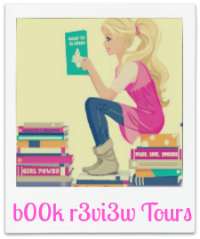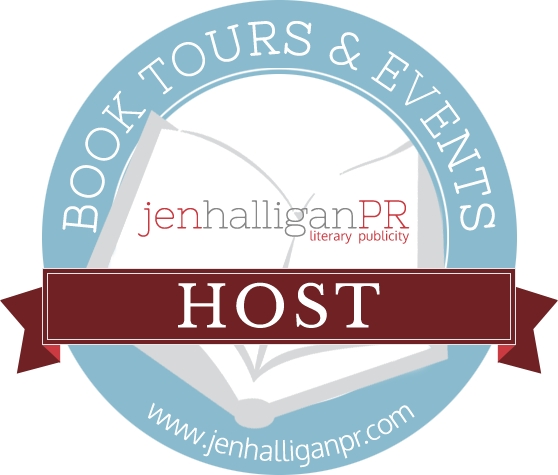What kind of research did you have to do to write your novel? Why did
you choose the Bermuda Triangle?
The
idea for The Storm Bottle came from one single incident that happened
to me. I was walking along a beach in Lyme Regis, Dorset (on the
south coast of England) when I saw a dolphin in the water, playing
with a group of swimmers. Instantly I knew that I might never have
this chance again, so despite not having any towel or swimming
things, I took off my shirt and shoes and socks and ran into the sea.
It was pretty amazing – you hardly ever see dolphins so close to
shore in England, and this one was as playful as a Labrador.
Later
I wondered: why did I do that? I’m not given to impulsive
behaviour. What is it about dolphins that makes us so eager to go and
swim with them? Why is it that some people even claim it’s ‘the
number one thing to do before you die?’ That’s why I wrote The
Storm Bottle – to try and find out why.
That
was the initial seed of the story – but now came the hard part, the
research. I read up exhaustively on the behaviour of dolphins, so as
to get this as accurate as I could, and also to get ideas for the
central story.
Writing the dolphin parts was particularly challenging, because I had to throw out everything we normally take for granted. For instance, dolphins can have a chat from half a mile away, they can see in two ways (eyesight and sonar), they only sleep with half their brain at a time, and of course they have no hands or material possessions. So what do they even talk about? They’re also much more ‘human’ than we like to think, meaning they have a darker, more violent side. They’re also pretty sexist, the males travelling around in big gangs, herding and corralling the females. I didn’t want to paint them in an idealised way as so much fiction does, so I researched as much as I could.
Writing the dolphin parts was particularly challenging, because I had to throw out everything we normally take for granted. For instance, dolphins can have a chat from half a mile away, they can see in two ways (eyesight and sonar), they only sleep with half their brain at a time, and of course they have no hands or material possessions. So what do they even talk about? They’re also much more ‘human’ than we like to think, meaning they have a darker, more violent side. They’re also pretty sexist, the males travelling around in big gangs, herding and corralling the females. I didn’t want to paint them in an idealised way as so much fiction does, so I researched as much as I could.
The
funny – or should I say frustrating – thing about researching
dolphins so carefully is that a lot of people don’t believe me.
Several publishers who rejected the book cited their main reason as
my ‘anthropomorphic’ treatment of the dolphins. They thought that
the dolphins behaved too much like human beings. But almost
everything that my dolphins do in the book, wild bottlenose dolphins
really do out there in the ocean. They have names, they call each
other by name, they form bands and alliances and seemingly name those
too – all with a distinctive ‘name whistle’ that each member
uses – the males have social ranks, based on how many females they
herd, while the females, sadly, tend to be more solitary and passive.
The dolphins of Bermuda have also been observed doing another, very
mysterious thing: going on long epic journeys out into the
mid-Atlantic – no-one knows why yet. In The Storm Bottle, I do
suggest a possible reason.
I
also did quite a bit of research into Bermuda, and some of the local
dialect. There are some fantastic ways that Bermudians have of
expressing themselves. I have a jokey Bermudian ‘phrasebook’
which was a mine of information and local humour, and luckily my
Bermudian step-mother was able to check my usage.
Other
things I had to research included whales (blue, humpback and killer),
boats, antique bottles and brain damage. For a long time, most of the
human characters in The Storm Bottle think that Michael has suffered
brain damage from his near drowning. But his odd behaviour is
actually down the fact that a dolphin’s mind is now living in his
body.
I
chose to write about Bermuda because I know the place quite well, and
bring in the infamous Triangle was an obvious thing to do. The
Triangle really only features in passing – it’s not central to
the plot – but the story does offer a rather interesting
explanation as to what (or even who) might be behind it. My personal
views of the so-called Triangle phenomenon are more prosaic: the
whole thing is essentially a myth, as that area of sea doesn’t in
fact causes more disappearances than any other comparable stretch of
ocean. But I do agree it’s a marvelous story – and as you might
have guessed, I love stories.
I hope you enjoy the book as much as I enjoyed researching and
writing it.
More About the Book







0 comments:
Post a Comment